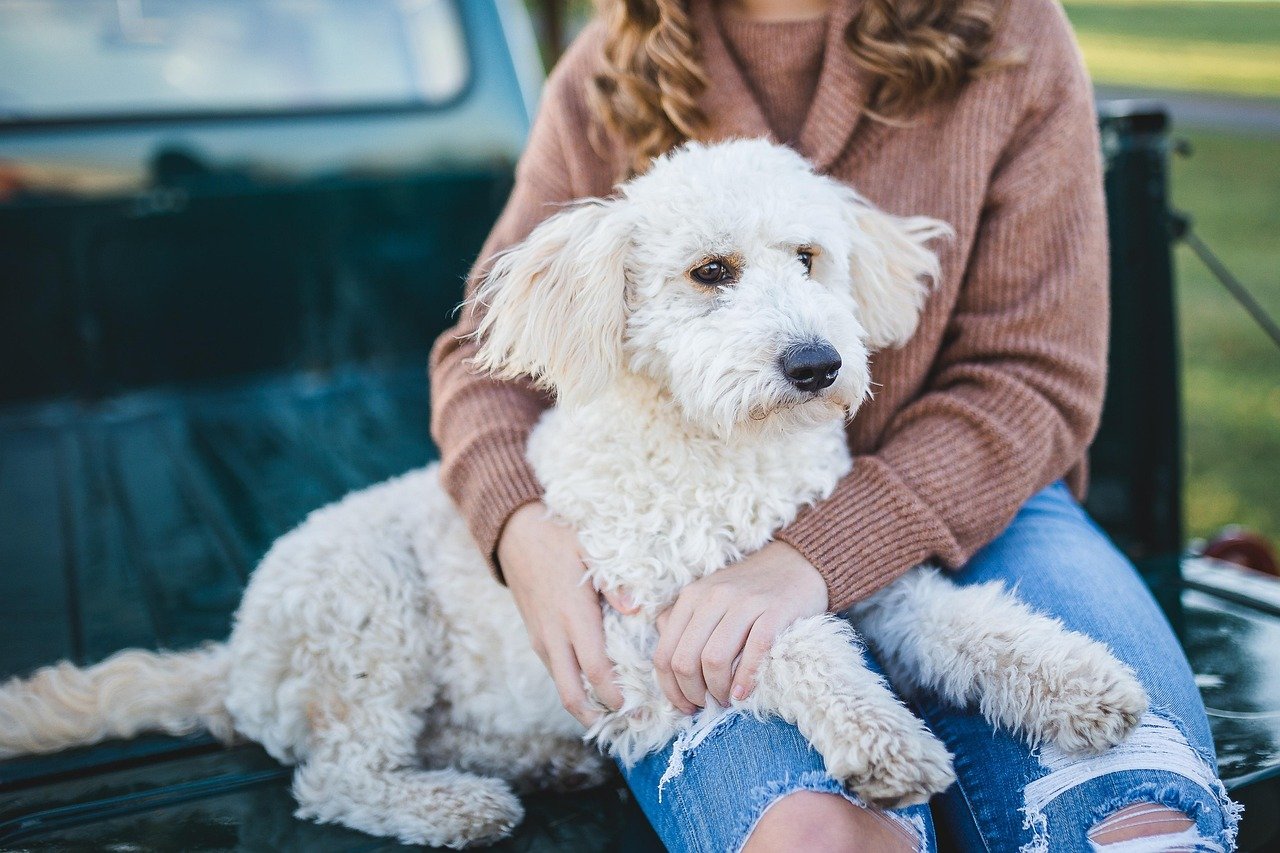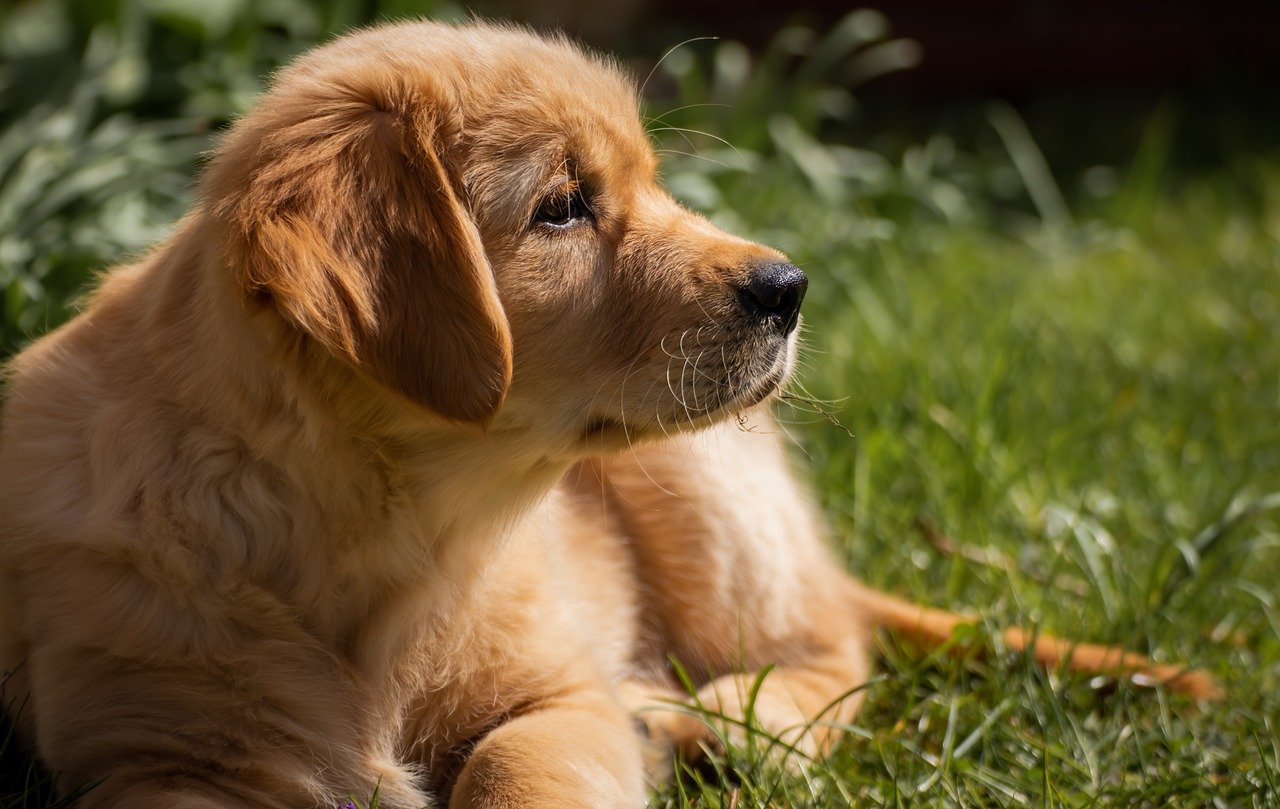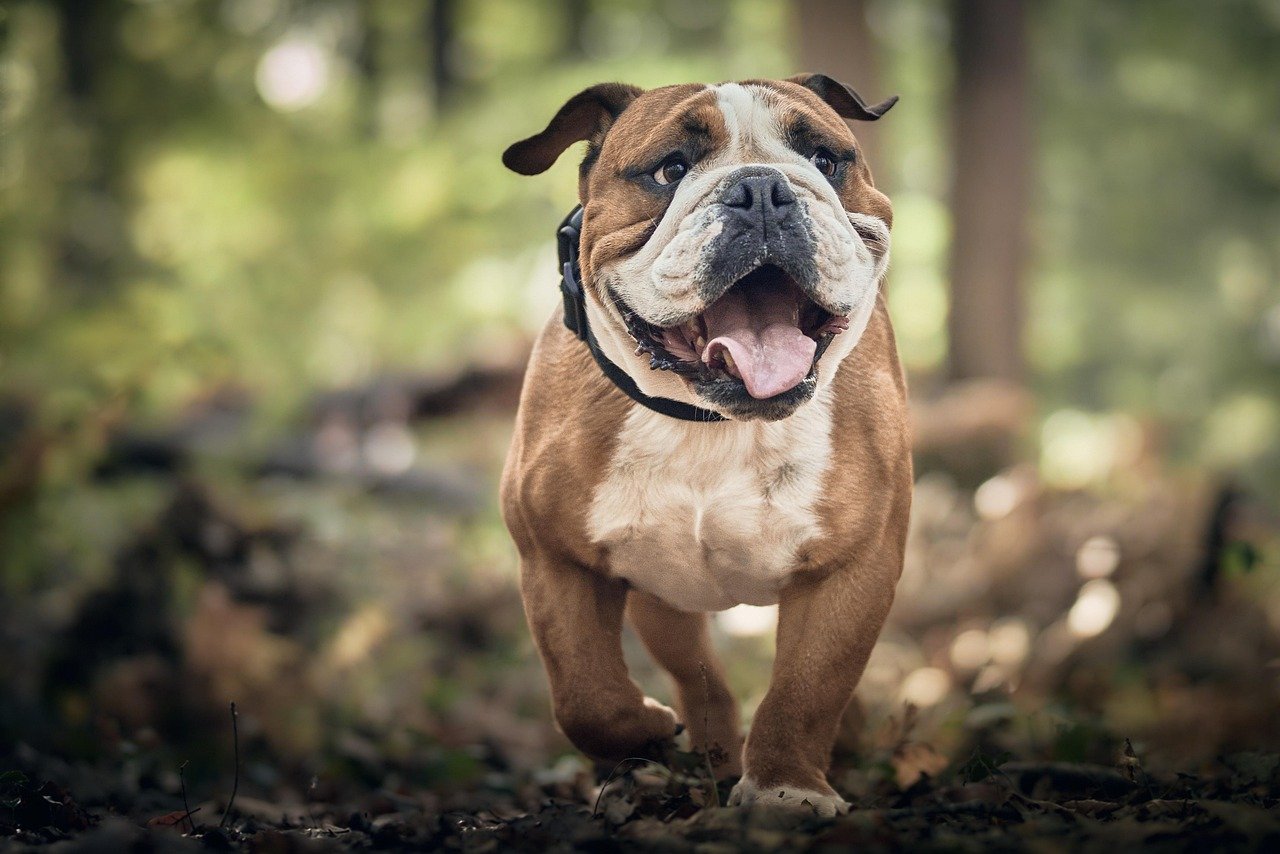Trying to decide between a big dog or a small one? It really comes down to your daily routine, living space, and energy level. Big dogs often love the outdoors and need more room to stretch out, while small dogs are great for apartment living and easier to travel with. But don’t be fooled by size—small dogs can have big personalities, and some large breeds are total couch potatoes. Think about how much time you can dedicate to exercise, grooming, and training. The best dog for you is the one that fits seamlessly into your lifestyle and brings you joy every day.
An Unexpected Love: The Magical Bond Between Dogs and Owners

There’s something deeply heartwarming about the bond between humans and dogs. Whether it’s a tiny terrier bouncing on your lap or a gentle giant leaning against your leg, dogs have a magical way of making us feel special and wanted. For many people, the dream of sharing life with a dog is filled with hope and excitement, but choosing the right size can spark uncertainty. Does a massive St. Bernard or a pint-sized Chihuahua fit better into your world? The answer lies not just in your heart but in your daily routine, your living space, and even your energy levels. This choice isn’t simply about preferences—it can shape your entire relationship with your new furry friend. Deciding between a big or small dog can be surprisingly emotional and, at times, overwhelming, but getting it right means years of companionship, laughter, and unforgettable moments.
Space Matters: How Much Room Does Your Dog Need?
Your living situation is one of the biggest factors in deciding between a big or small dog. Large dogs can be like living with a furry roommate—one who needs space to stretch out, roam, and play. If you live in a spacious house with a backyard, a big dog might feel right at home. On the other hand, small dogs can thrive in apartments or smaller homes where outdoor access might be limited. Imagine a Great Dane trying to turn around in a tiny studio apartment—awkward, right? Small breeds can be perfectly content with indoor play and short walks. But remember, even small dogs need exercise and mental stimulation. Think of your home as a playground: does it have enough “slides and swings” for a big dog, or is it cozy and snug for a smaller companion?
Energy Levels: Matching Your Pace With Your Pup
Are you a marathon runner or more of a couch potato? Your energy level should match your dog’s needs. Many big dogs, like Labradors and Huskies, love long runs, hikes, and hours of play. They can keep up with high-energy families and love being included in outdoor adventures. On the flip side, small dogs often have bursts of energy but can tire out quickly. Breeds like the Cavalier King Charles Spaniel or French Bulldog are happy with short walks and lots of cuddle time. Picture yourself after a long day—do you want a dog who nudges you to go outside for an hour, or one who’s content curling up next to you? It’s about finding a rhythm that works for both of you.
Maintenance and Grooming: The Truth About Fur and Fuss
Dogs come in all shapes, sizes, and coats. Grooming needs can surprise new owners—big dogs often mean more fur, especially if they’re fluffy breeds like Golden Retrievers or Newfoundlands. That’s more hair on your clothes, couch, and probably in your morning coffee. Regular brushing and baths can be time-consuming but can also be a bonding experience. Small dogs, depending on their breed, might shed less or have easier coats to manage. However, some tiny breeds, like Poodles, require frequent grooming appointments. Imagine the difference between vacuuming after a Saint Bernard and a Dachshund—the scale is quite different! Consider how much time and patience you have for grooming before making your choice.
Feeding and Veterinary Costs: Budgeting for Your Best Friend
It’s easy to fall in love with a dog’s eyes, but their size can have a big impact on your wallet. Larger dogs need more food, and their meals can add up quickly. Veterinary bills, medication dosages, and even accessories like beds and crates are usually more expensive for big breeds. Small dogs eat less and often have lower costs for routine care, though some tiny breeds are prone to specific health issues. Think of it like owning a small car versus a truck—the maintenance costs are simply different. If you’re watching your budget, factoring in these long-term expenses can help you make a responsible, loving decision.
Family and Children: The Best Dog Size for Your Loved Ones
Families with children often wonder if size matters when bringing a dog into the mix. Big dogs are sometimes more tolerant of rough play, but their strength can accidentally knock over small children. On the flip side, small dogs can be more delicate and may not appreciate being picked up or handled too roughly. Some breeds are famously patient, while others prefer a quieter environment. Imagine your toddler chasing a gentle Golden Retriever in the yard, or a shy Maltese sitting quietly on Grandma’s lap. The right match depends on your family’s lifestyle, ages, and personalities—sometimes a medium-sized dog is just right.
Travel and Transport: Hitting the Road With Your Dog
Traveling with a dog can be a joyful adventure or a logistical headache, depending on their size. Small dogs are easier to take on public transport, fit comfortably in carriers, and are often welcomed in hotels or cafes. Big dogs need more space in the car and can be trickier to accommodate on planes or trains. If you dream of taking your dog everywhere, a smaller breed might fit more seamlessly into your travel plans. Picture yourself carrying a Shih Tzu through airport security versus trying to coax a nervous German Shepherd onto an escalator! Travel enthusiasts should think ahead about how their dog’s size will affect their freedom to explore.
Longevity and Health: What Size Means for Lifespan

It might surprise you, but small dogs often live longer than their larger counterparts. Breeds like Chihuahuas or Toy Poodles can be your companion for over 15 years, while giant breeds like Great Danes or Mastiffs sometimes only reach 7 or 8 years. Larger dogs also tend to experience more joint issues, like hip dysplasia, and can develop serious health conditions earlier. That’s not to say big dogs aren’t wonderful companions—sometimes their affectionate, goofy personalities make every short year together a treasure. If you’re seeking a long-term buddy, size can play a significant role in how many years you’ll share.
Personality Differences: Debunking the Myths

There’s a common belief that big dogs are always gentle and small dogs are feisty, but reality is much more complex. Many large breeds, like Newfoundlands, are famously sweet and calm, while some small breeds, like Jack Russells, have boundless energy and sass. Personality is shaped by breed, upbringing, and environment—size is just one piece of the puzzle. Think of dogs like people: you might meet a towering, gentle giant or a spunky, pint-sized dynamo. Don’t let stereotypes sway your decision too much; take time to meet different dogs and see who captures your heart.
Emotional Connection: What Does Your Heart Say?
At the end of the day, choosing the right dog is often an emotional journey. Sometimes you meet a dog and just know—they’re meant to be by your side. Whether big or small, dogs have a way of filling the spaces in our lives we didn’t even know were empty. Imagine the joy of hearing tiny paws skittering across the floor, or the comfort of a huge, furry head resting in your lap. Your lifestyle, your daily routine, and your living space all matter, but so does the spark you feel when you look into a dog’s eyes. The best dog for you is the one that fits not just your life, but your heart.
Whether you’re leaning toward a big gentle giant or a tiny ball of energy, the best dog for you depends on your space, schedule, and vibe. Bigger dogs often need more room and exercise, while smaller pups can thrive in apartments and are easier to travel with. But remember—size isn’t everything! Personality, training, and your commitment matter most. Pick the dog that fits your life, not just your Instagram feed!

Andrew Alpin from India is the Brand Manager of Doggo digest. Andrew is an experienced content specialist and social media manager with a passion for writing. His forte includes health and wellness, Travel, Animals, and Nature. A nature nomad, Andrew is obsessed with mountains and loves high-altitude trekking. He has been on several Himalayan treks in India including the Everest Base Camp in Nepal.





